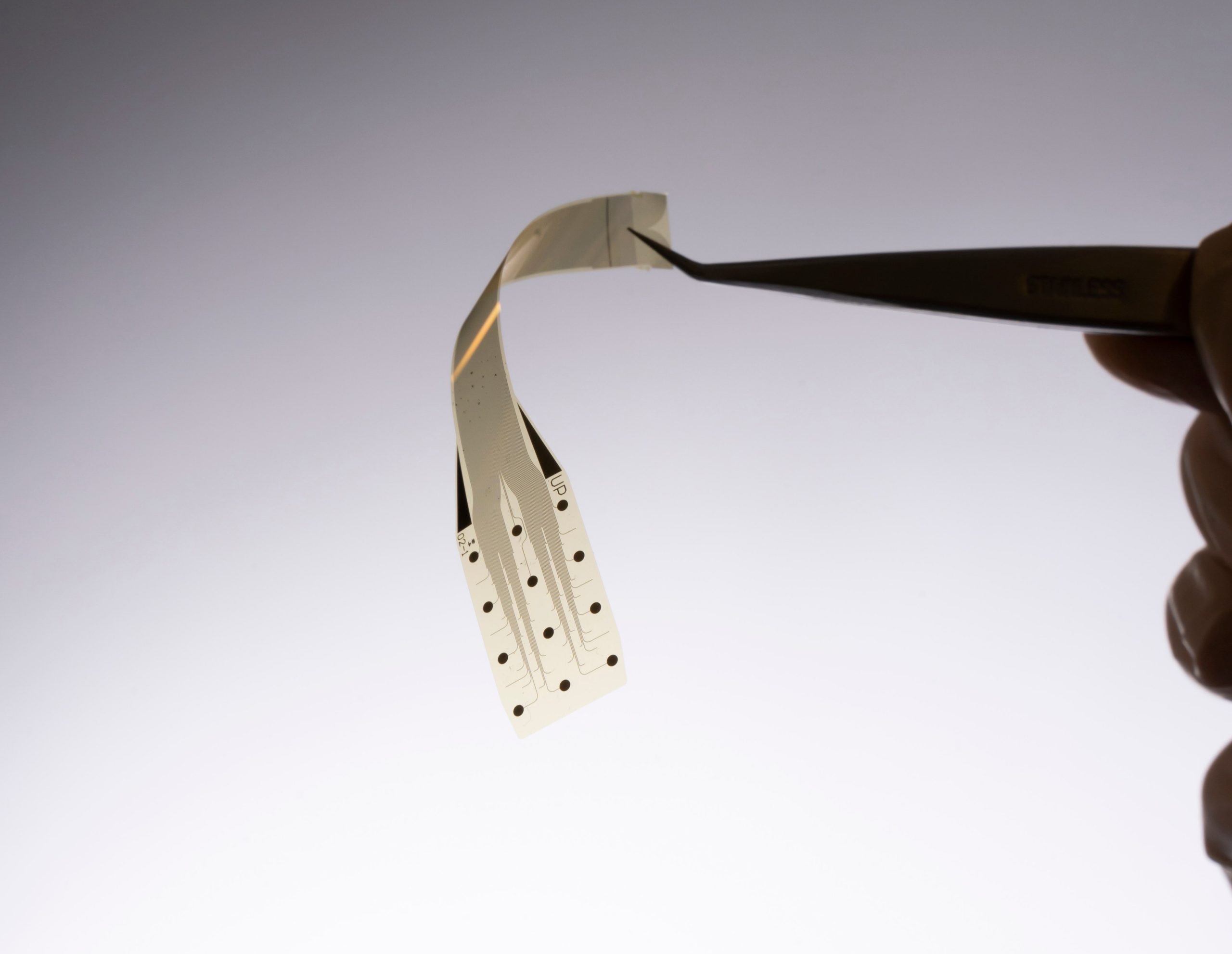An Ultrathin Graphene Brain Implant Was Just Tested in a Person
A groundbreaking experiment recently took place where an ultrathin graphene brain implant was tested in a human subject for the first time.
The implant, made of a single layer of graphene, is designed to monitor brain activity with unprecedented precision and accuracy.
During the testing phase, the implant successfully recorded neural signals in real-time, providing valuable insights into how the brain functions.
The results of the experiment are promising, suggesting that graphene-based brain implants could revolutionize our understanding of the brain and lead to new therapies for neurological disorders.
Researchers are now exploring the potential applications of this technology, including its use in treating conditions such as epilepsy, Parkinson’s disease, and other brain-related disorders.
The ultrathin nature of the graphene implant allows for minimally invasive procedures, reducing the risk of complications and improving patient outcomes.
This breakthrough in neural interface technology represents a major step forward in the field of neuroscience and has the potential to transform the way we study and treat the brain.
Further research and clinical trials will be necessary to validate the safety and efficacy of graphene brain implants, but the initial results are highly promising.
Overall, the successful testing of the graphene brain implant marks a significant milestone in the journey towards unlocking the mysteries of the human brain.



